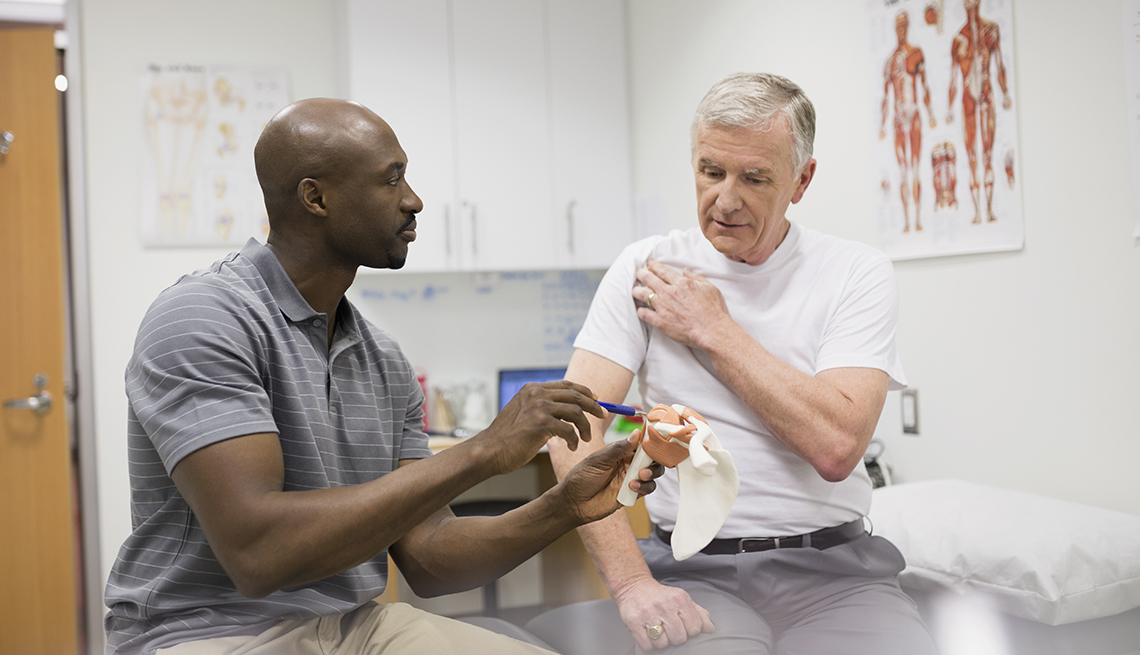Empowering Clients Through Social Support within Pulmonary Rehabilitation Initiatives.
Wiki Article
Cardio-pulmonary rehab programs are designed to assist individuals with cardiac and lung issues enhance their well-being and standard of life. These initiatives commonly consist of physical exercise, instruction about heart and lung well-being, and assistance for making lifestyle choices modifications. Nonetheless, one crucial element that is sometimes overlooked is the role of emotional assistance. Psychosocial assistance refers to the psychological and social assistance that individuals receive during their recovery process. This assistance can strengthen individuals, enhance their confidence, and assist them navigate the challenges that arise with chronic health issues.

Patients in cardiopulmonary rehabilitation often face various emotional and emotional difficulties. Emotions of nervousness, depression, and isolation can be common. These feelings may stem from the stress of confronting with a serious health condition or the fear of future medical issues. Emotional assistance can aid address these emotions by providing patients with a secure space to discuss about their worries and connect with peers who understand what they are going through. Group counseling sessions and one-on-one therapy can be beneficial ways to promote this assistance. By engaging with professionals and others, individuals can learn adaptation techniques and find support from peers who share similar challenges.
Integrating psychosocial assistance into cardiopulmonary rehabilitation programs can lead to better medical results for patients. Studies indicate that when patients receive emotional support, they are more likely to stick to their recovery plans, check here adhere to treatment, and make necessary lifestyle modifications. This involvement can lead to enhanced physical well-being, reduced hospitalizations, and an entire improved standard of living. Assistance groups can foster inspiration and accountability, helping patients remain dedicated to their recovery objectives. This collaborative method emphasizes the importance of addressing both physical and emotional health in the recovery process.
Educators and medical professionals play a vital part in offering emotional assistance within these initiatives. They can assist individuals comprehend the significance of emotional well-being in their recovery journey. By establishing an environment of compassion and support, medical professionals can promote open dialogue about emotions and concerns. Training personnel in communication skills and emotional support strategies can enhance the general individual journey. Moreover, integrating instruction about anxiety management, relaxation methods, and positive adaptation approaches can empower patients to assume an active role in their mental health.
In conclusion, empowering patients through psychosocial assistance in cardiac and pulmonary rehab initiatives is crucial for encouraging comprehensive recovery. By recognizing the emotional and social dimensions of recovery, medical professionals building endurance through structured programs can establish a more nurturing atmosphere that meets the needs of the whole person. Individuals who receive this comprehensive treatment are more apt to achieve their health goals and improve their overall standard of living. The inclusion of psychosocial support into rehabilitation programs not only enhances the individual journey but also leads to improved long-term health outcomes.